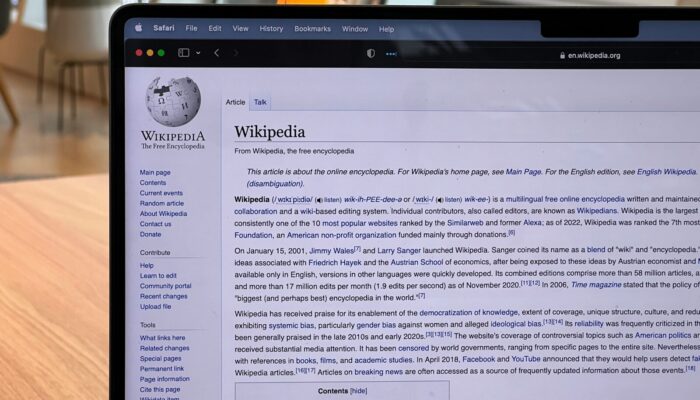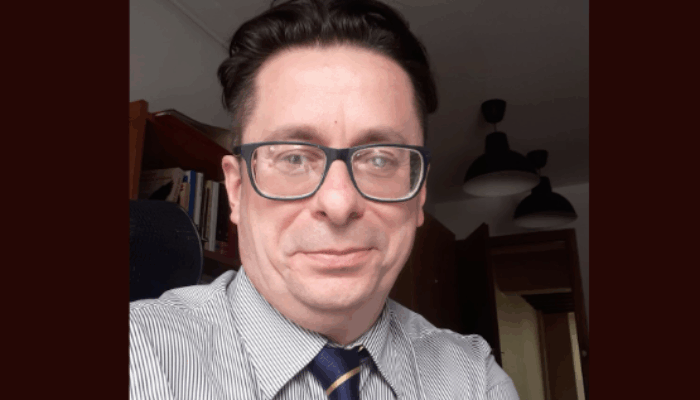The year was 2001. A time before smartphones, before social media took over, and back when scrolling usually involved a physical microfilm reader at the library. On January 15 of that year, something revolutionary erupted onto the scene: Wikipedia was launched. As we celebrate its 25th anniversary, it’s time we come clean. While we might tell our professors we spent all night elbow-deep in the pri ...[Read More]
Discover resources, research, training and more in EGU’s 2025 Webinars Roundup!
The European Geosciences Union hosts a busy digital programme throughout the year, from seminar-style Campfire events with online networking to free, half-day workshops funded by EGU and organised by our volunteer Committees. Sitting between the two are our webinars: free, community-driven events which are presented live with the recording published later on the EGU Youtube channel. Webinars are a ...[Read More]
GeoTalk: meet Robert Piotrowski, geomythologist and folklorist
Hello Robert! Thank you for joining GeoTalk. Before we turn the page, could you introduce yourself to our readers? I am an ethnologist and cultural anthropologist. I have the privilege of working in ‘Laboratory for Interdisciplinary Research into the Anthropocene’, led by Prof. Dariusz Brykała, which is part of the Institute of Geography and Spatial Organisation of the Polish Academy of Sciences. ...[Read More]
Top 5 Gifts for Geoscientists (2025 edition!)
There is a chill in the air, and yes, even some snow here in Munich as winter draws close in the Northern Hemisphere, and at this time of the year, you are probably thinking about what gifts to get that special geoscientist in your life! We know finding the kind of gift that can delight and entertain your favourite rock-botherer, lab-denizen, or star-gazer can sometimes be a challenge, so we in th ...[Read More]




